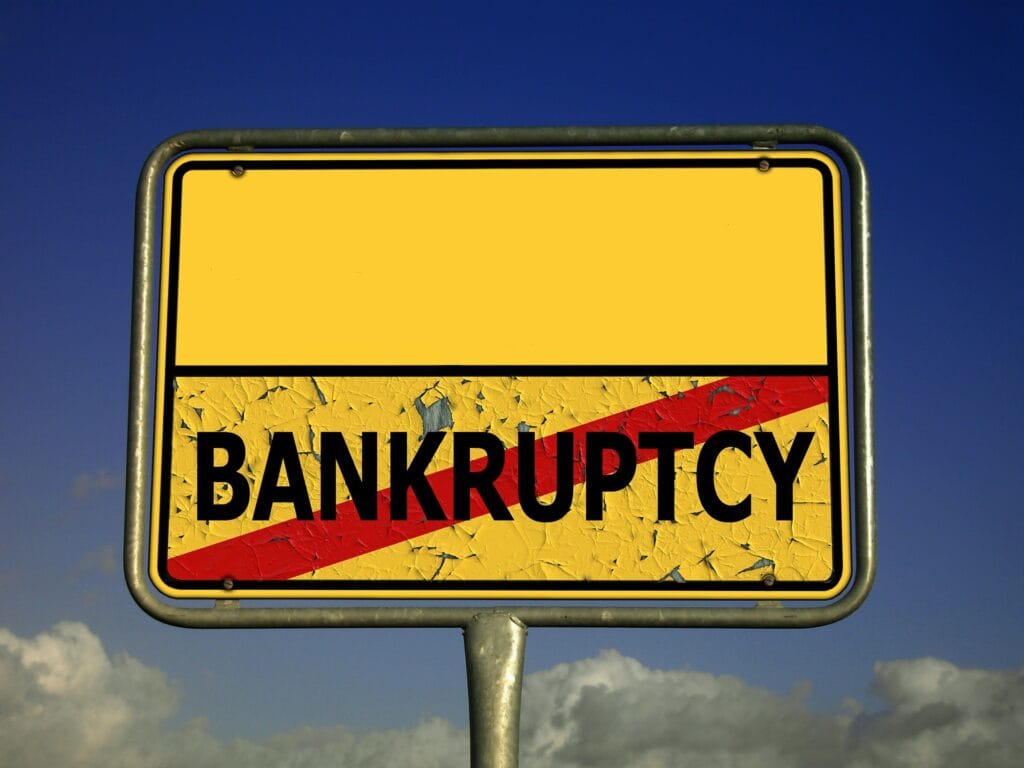*Google Fined $2.5 Decillion and Files for Bankruptcy: Consequences of Pro-Russia YouTube Channels*
According to news, Google faced the whopping fine of an unbelievable $2.5 decillion when it was established that the company had not unbanned some pro-Russian YouTube channels. As reported, this amount was so humongous that it exceeded any other given in corporate history, leading to Google filing for bankruptcy. Is this a fact or just hyperbolic exaggeration?
Let us scrutinize closely the facts, the background, and broader implications that this jarring news portends.
Amount of Fine in Decillions

Let’s put into perspective $2.5 decillion. A decillion is a “1” followed by 33 zeros, an enormously big astronomical number that far outweighs the world’s combined GDP, which stands well north of $100 trillion. For example, such a sum would be enough to finance all projects, institutions, and countries on earth several times. That is, such a fine can be paid only by collecting together all the money possessed by any person, organization, and state on earth.
Demand for Unblock of Pro-Russia YouTube Channels. The channels are reported to have been blocked due to violations of YouTube’s community guidelines. Alphabet Inc. has always been very strict in their policies that include account blocking or suspension for terms violated, including spreading misinformation or using hate speech and portraying violence. Some of the channels with the pro-Russia narratives have, at times, featured on this list.
Requests to remove these blocks likely come from individuals who believed that the actions of Google somehow prevent free speech or suppress pro-Russian viewpoints. For instance Russia, in its latest enactments enacted laws it claims are intended to “protect” its content and opinions on the internet and fines Western tech companies if it denies a request to block, or remove, the same.
How the Dandy Was Apparently Calculated
This fine number, though there exists no paper record of precisely how this number was come by, is very glaringly apparent as being just barely posited or even proposed as a very extreme sort of deterrent or political measure. The kind of fine would represent an aggregation of thousands and thousands of much smaller fines multiplied by multipliers with size or influence or audience. A figure like this is strictly a question of abstract theory over how to control the compulsion of legitimate force of the amount of the fine imposed and more than a number which the prospect of such minuscule amounts renders symbolic.
Financially Speaking: Is Google in Bankruptcy?

Google financially is one of the world’s best managed. Being a subsidiary of Alphabet Inc., this technological giant has more than $160 billion in cash and other liquid assets, while more than $280 billion is produced every year in revenue. The most serious restrictions for firms are not worth more than a billion. Probably the largest penalty Google has faced in regulatory action is the €5 billion antitrust ruling by the European Union, which, in and of itself, is an enormous settlement but hardly a blow that crippled the functioning of the firm at all.
Even if, for the sake of argument, Google was “forced” into bankruptcy over a decillion-dollar fine, such a judgment probably would be appealed and reversed in international courts for reasons of impossibility. However, with the gigantic asset base and diversified streams of revenue of Alphabet, such an astronomical penalty will most likely not bankrupt the firm in reality.
Conclusion: Broader Implications for Tech Firms and Censorship Policies
Of course, the whole story is highly exaggerated. However, some valid arguments can still be raised against the modulations carried by global technology firms in different jurisdictions. Such firms, including Google, Meta, or Twitter-former X-is always up to some heat through the concerned government in view of being complied with the relevant laws and local policies practiced in a locality. Most of these calls to action are requests to take down or reinstate certain content that may be of no use to their wants. All these claims often seem to conflict with their policy over content and the much heralded concept of freedom of speech, which forms an ideal held by each one of these platforms.
This is however, a total different ball game for Google as balancing national demands vs. corporate policies is yet quite another thing altogether. As much as the company claims to be willing to adhere in general to the local regulations, it disputes the fact that guidelines on content were actually made in protection against harmful content spread instead of the latter. More critically, to deal with pro-Russian narratives, is the fact that active influences in international politics spreading misinformation, propaganda, or influence make it reach the ears of world audiences.
That’s basically some sensational story when Google gets fined 2.5 decillion dollars and then files for bankruptcy, but in such a way that really exposes to what extent these giant tech companies are being pulled out by this pressure of political demand and censorship imposed on their contents. Whatever might be the impossible scenario regarding which such a heavy penalty is to be enforced, an extreme penalty reminds one as to how real problems that big tech faces are, dealing with its operations spread across borders where each one has different expectations.
Whether it is an exaggeration or very intelligent regarding political influence, it indeed sets complexity within the governance of the internet within the world where all contents and censorship tie up with interests in politics. Purely fictional, the Google case captures an area of increased tension in tech wherein governments wield fines and other legal actions to influence the content decisions of tech companies while these companies wrestle with the ethical implications of their choices.
Even though this in no way is the endpoint for Google, the case reminds one of how fiercely contested the space has become-one in which policy lines, power, and corporate freedom continue to swing and shift in ways unpredictable.
